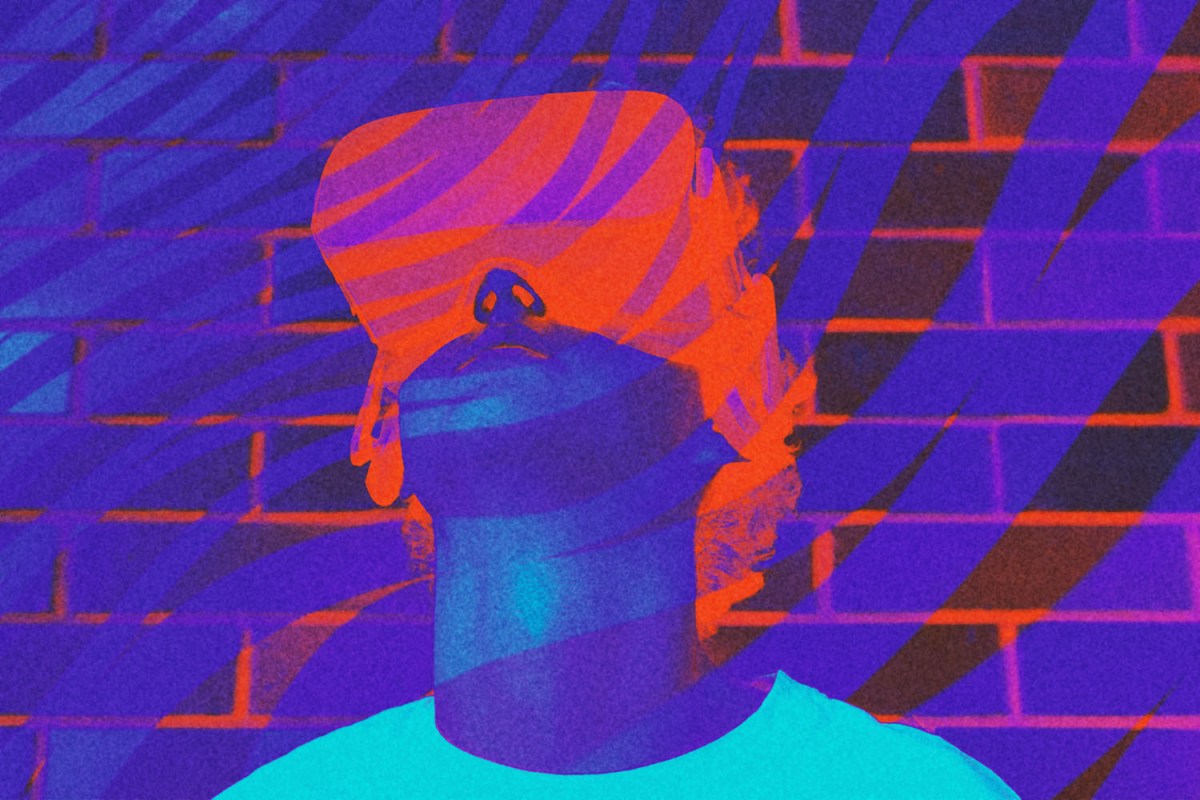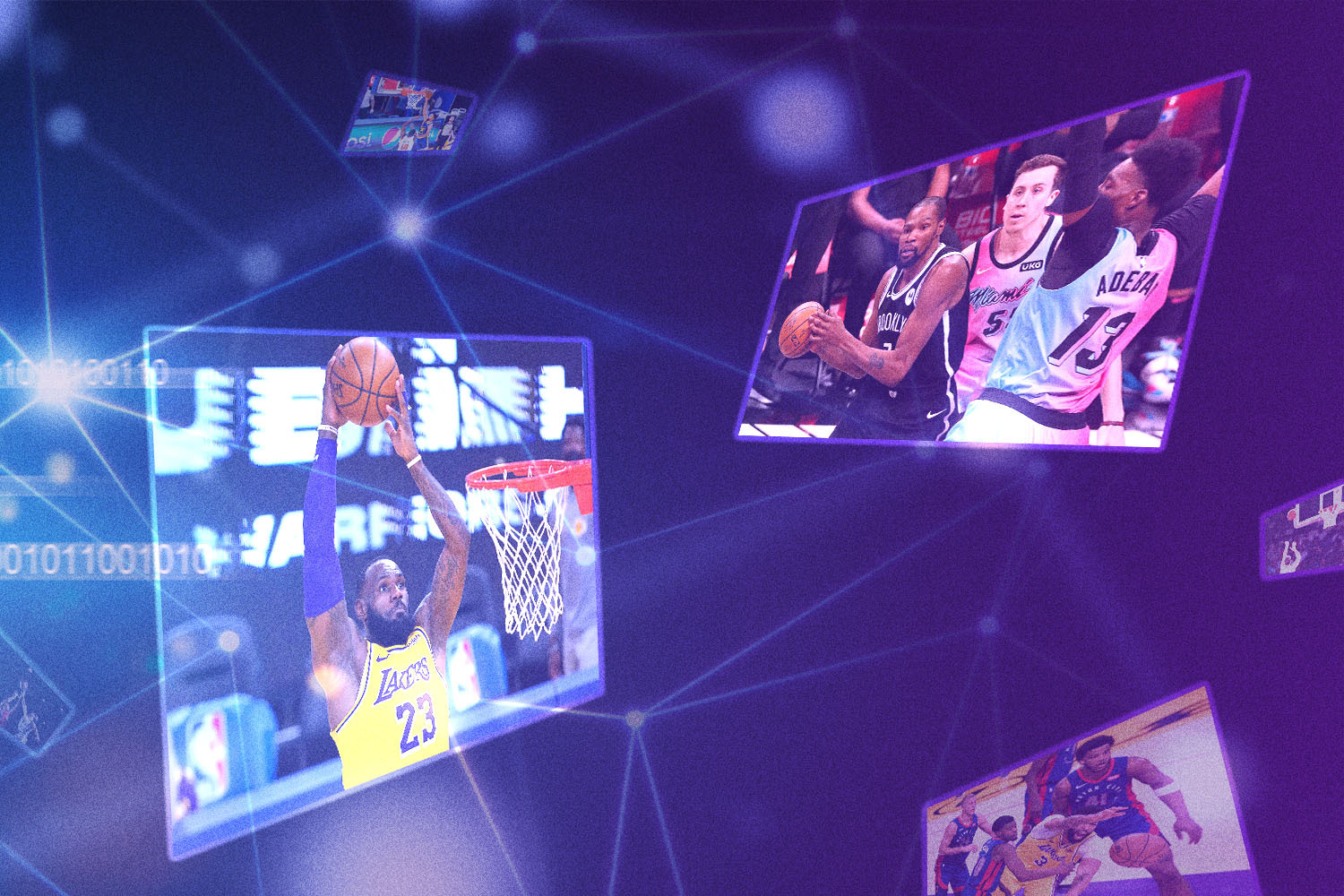Ask someone today what the metaverse is and you’re bound to get a confused look. Or a wrong answer.
That was the conclusion reached earlier this year by the market research firm Ipsus, which conducted a series of surveys to determine what we did and did not know about the so-called “metaverse.”
Their results? While nearly two in five (38%) of Americans said they are very or somewhat familiar with the metaverse, there were “significant differences” by age and by the presence of children in the household: It was as high as 53% for those with children, and also 53% of respondents aged 18 to 34. From there, it went down to 45% of those aged 35 to 54 and just 20% for those ages 55 or older who were familiar with the term.
The real problem is that even those who claimed metaverse familiarity didn’t quite know what they were talking about. Only 42% of the people who said they were familiar with the concept of a metaverse defined it as a “virtual, computer-generated world where people can socialize, work and play” (which was defined as the correct answer) while 10% thought it was a new social networking platform. Other respondents thought it was possibly “a huge tech company that has developed consumer services in lots of different areas” (9%) or “a new internet experience which links together multiple sites and platforms” (also 9%).
One problem is that the tech world itself hasn’t successfully defined what the metaverse is; you’ll often find the word clumped in with the likes of Web 3.0, NFTs, cryptocurrency, VR, XR, AR and other buzzwords that aren’t necessarily not part of the metaverse, but also fail to convey a larger concept.
Popular culture hasn’t helped with the definition, either. The metaverse can’t up summed up as the world you see in Ready Player One. It’s not just Fortnite. And it’s not putting on a VR headset and using your avatar to walk into a virtual 3-D meeting, courtesy of Facebook (which recently saw its parent company rebrand as Meta).
Almost everything we’ve mentioned is certainly part of the ever-evolving idea of the metaverse. But it’s missing the larger picture and the historical context.
To the latter point: The first thing you have to understand is that the metaverse isn’t new. “The term was coined by Neal Stephenson, a really well-respected science fiction author who wrote a book called Snow Crash in the early ‘90s,” explains Tony Parisi, an immersive tech pioneer and Metaverse OG — a phrase that’s literally part of his bio. “At that time, I was already working in the World Wide Web; I met up with this other fellow and we decided to write a 3-D interface to it. I arguably wrote the first metaverse code, consciously. And some of that was inspired by Neal.”
To better understand the metaverse, we spoke with several big players in the tech world who have extensive experience with the term’s conception and its current state. (If you want to do a deeper dive into the parameters of the metaverse, Parisi himself has devised a “Seven Rules of the Metaverse.”)
Hopefully, after you read what these experts have to say, you’ll have a better understanding of the metaverse and all of its potential. And you’ll also realize that you’re already a part of it.
If you had to explain the metaverse to a 12-year-old and do it quickly, what would you say?
Ready for that three-word explanation? “The metaverse is the internet in 3-D,” says Parisi. “It’s the future of interaction online. It’s computers becoming friendlier and more helpful…hopefully to help create a bright future for us.”
Who gets to define what the metaverse finally is?
“Probably a linguist,” admits Jon Radoff, the CEO of Beamable (a game/metaverse tech company) and author of over 70 articles on the metaverse. “I don’t get too caught up in word definitions, but I would imagine it will come from our culture and society—rather than what any single company chooses.”
“The vision for the metaverse is that it be democratic,” adds Zaven Nahapetyan, an engineer at Facebook for ten years and now CTO of the Web3 platform Niche. “Everyone is able to participate and be involved in its creation. If any particular company, like Facebook, tries to decide what the metaverse is or say they own it, then it’s not truly the metaverse. It’s a decentralized online space for everyone that’s still being created and evolving.”
What current buzzwords (Web 3.0, Blockchain, NFTs, cryptocurrency, VR, AR, holograms) are part of the metaverse?
All of them, according to Will Pemble, a serial entrepreneur and internet pioneer who actually built and sold the site Web.com (his current work includes Platypus Blockchain, an agency that “demystifies the language and customs of the NFT market”). “Web3, Blockchain, NFTs and crypto are ‘digital things’ that exist in the metaverse,” he says. “And VR, AR, holograms (and your phone and your computer) are tools we use to enter the metaverse.”
Is the metaverse going to be contained within a VR headset?
Thankfully, probably not. Says Parisi: “It’s going to run on any piece of hardware people have, just like the internet now — phone, desktop, VR headset, mixed reality HoloLens, or even a big display wall on a retail store. It’s not going to be all these people are enslaved in VR headsets — everyone is gonna try different things.”
Pemble is even more certain that headsets will not be a major part of the metaverse landscape. “In 1994, I founded a VR company named Virtropolis. Back then, VR was on the verge of being amazing. Thirty years later, VR is still on the verge of being amazing,” he says. “People. Don’t. Like. Wearing. Goggles. So, until we have a holodeck, VR will remain on the verge of being amazing.”
What pop culture reference best foresees what the metaverse is or could be?
Actually, not Ready Player One. “That’s the most dystopian view of the metaverse — not only because of the world it is in, but because only one company controls everything,” says Radoff. “ The internet was always decentralized, a network for all of us — the metaverse needs to be the same.”
In reality, you could date the ideas behind the metaverse back to even before the book Snow Crash. “The metaverse has been signaled to in pop culture and movies since Tron came out in 1982,” says Alejandro Laplana, Chief Executive Officer of Shokworks, a Web3 engineering firm that works with NFT drops and builds out metaverses for celebrities and influencers. “And today, it’s being actively utilized in concerts and events, including Coachella.”
What is the biggest misconception of the metaverse?
“Two things — first, that it’s a video game,” says Parisi. “Large-scale game worlds like Roblox or Fortnite, those are great. It’ll be a big part, but not the only driver.” And second? “That it’ll require advanced virtual reality hardware; people are assuming you’ll be strapped to an Oculus headset and trapped in a world of someone else’s creation. I hope that’s not the future of the metaverse. I don’t think it’s sustainable.”
“People new to the concept believe you can just log in to it and gain access to everything,” says Thom Kidrin, the CEO of Worlds Inc, who helped create early virtual worlds since the early ‘90s — including a collaboration with David Bowie (Bowie World) that’s considered the first celebrity metaverse. “There are multiple metaverses and they all operate off disparate platforms and operabilities. For a website, if you have a browser, you can look at any website, but you can’t access a metaverse that way. In the future, I anticipate that there will be more cohesiveness across platforms and operabilities.”
Enthusiasm for the “metaverse” is low, based on a recent survey. Is there an idea out there that’ll ignite it? (And is it really going to be virtual pets?)
“Fashion will be one of the early adopters, with online avatars that represent you digitally,” says Laplana. “You’ll see some of the larger fashion houses invest deeply into minting NFT rewards and leveraging augmented reality and mapping technology to really find new revenue streams and enhance their product experience.”
“There are going to be a lot of really big brands entering the metaverse, and there’s going to be a lot of traditional commerce and experiences that will be shared and built inside of the metaverse,” says Winston Robson, the founder of WeMeta, a platform for digital real estate. “I think right now that’s largely going to happen in Decentraland, and we’ll see where it goes past that. I think Wilder World, Crypto Voxels and Sandbox also have potential. So I’d say there’s a collection of killer apps, but I don’t think there’s any single killer app right now.”
“All the most-hyped platforms seem to still be falling short of expectations,” adds Leo Schwartz, a reporter for the global technology outlet Rest of World. “Investors and developers would say that we’re still very early on in the process. Honestly the most popular ‘metaverses’ are platforms that people may not typically think of as a metaverse, like Fortnite or Roblox.”
Or, perhaps, it’ll be the same industry that’s driven fans to other mediums. “Music drove adoption of digital technologies in social media (MySpace was the first), video (YouTube) and the access model (Spotify),” says Kidrin. “Music professionals have been among the first to embrace cutting edge marketing techniques and technologies before other industries.”
What are the potentially harmful effects of the metaverse?
Basically, you’re going to see some increasingly bad human behavior as the popularity of the metaverse expands; one user has already complained about being groped in Meta’s virtual social media platform Horizon Worlds. And theft is already rampant in the NFT space.
“I think the biggest risk is if one company or a small group of companies control everything,” says Radoff. “Then they’ll extract massive rents, subject us to surveillance and limit our creativity. We can’t have that.”
“I think asking about the harm the metaverse could have raises an interesting philosophical question that often comes up when discussing technology and the internet,” says Nahapetyan. “The harm most people are worried about is that people will end up spending more time in the digital world than in the real world. This becomes an increasing concern as online life becomes more high fidelity and real world-like while allowing people to do more activities they might not be able to do in real life.”
What is the best-case scenario for the metaverse?
Says Radoff: “A new era in creativity in which everyone can perform, share, and express themselves as they want to.”
Kidrin sees some specific advantages to the metaverse outside of the creative fields. “We believe there is huge potential for metaverses to improve healthcare and positively impact millions of lives in a meaningful way,” he says. “An example could be the utilization of smart bot avatars that interface with an AI platform, such as Watson, to analyze a medical condition and suggest possible causes and treatments down to the level of actually demonstrating a procedure virtually is unprecedented and invaluable to a small local hospital or rural medical center.”
Will my parents live to see what the metaverse is?
Unless they’re Luddites, they’re already there. “I think the metaverse is already a part of society,” says Robson. “If your parents are using Uber, or watching YouTube/Netflix, then they’re already in the metaverse. If they’re on Facebook, they’re already in the metaverse. If they’re playing video games, they’re already on the metaverse. We are already experiencing things digitally.”
The most important thing to remember? Everything having to do with the metaverse is a fluid and evolving conversation. As Parisi admits, “Nobody knows how this is going to play out.”
This article was featured in the InsideHook newsletter. Sign up now.























